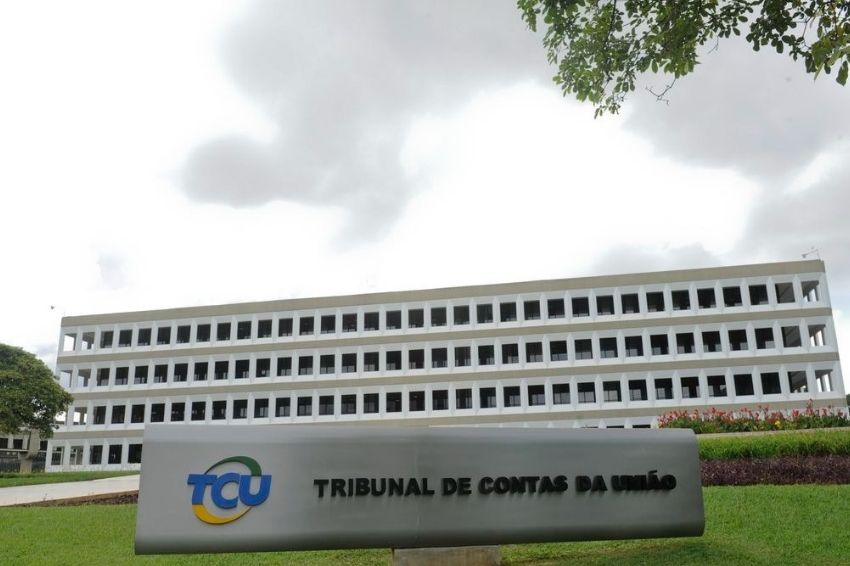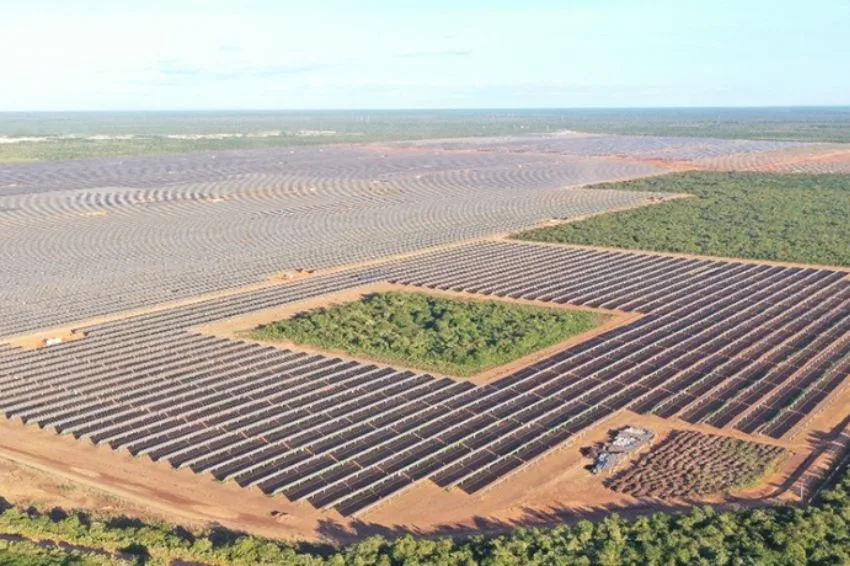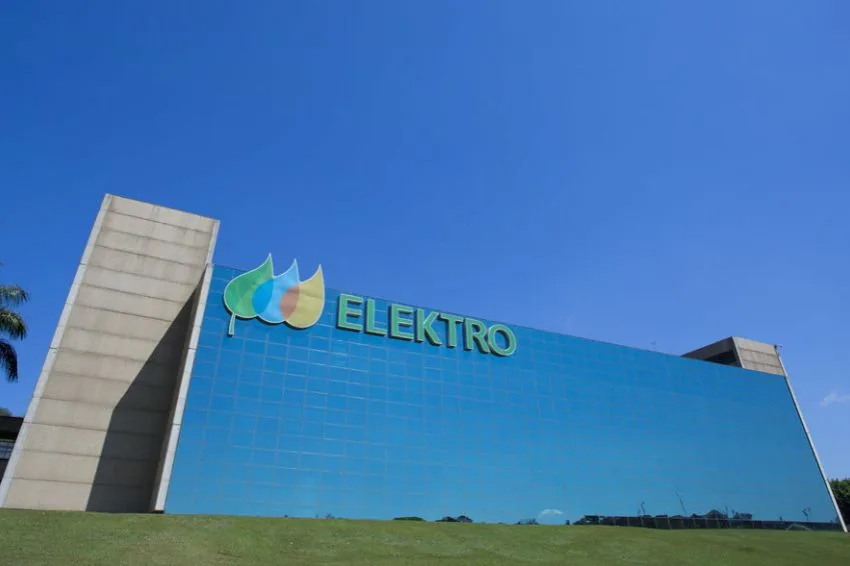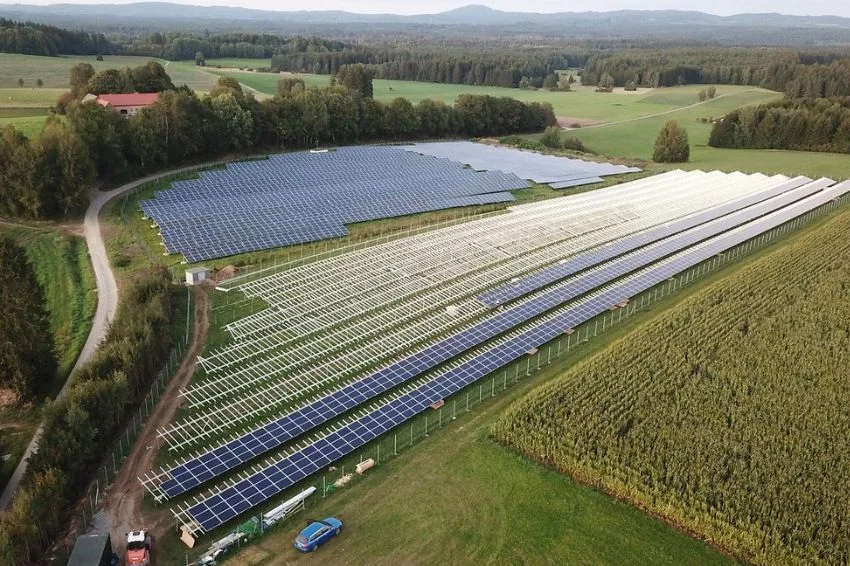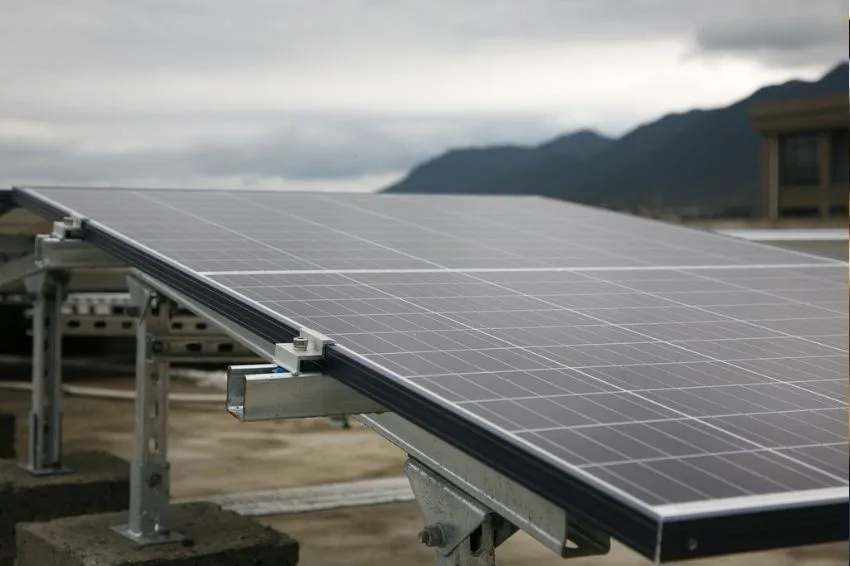O Idec (Brazilian Consumer Protection Institute) sent, last Thursday (12), a complaint to the TCU (Federal Audit Court) requesting that the country suspend the emergency contracting of thermoelectric plants carried out in October last year.
The association claims that the measure is necessary, since the thermal generation contracted in the competition are: “very expensive, polluting and unnecessary (for the current moment)”.
Instead, the entity warned the TCU that to avoid a water crisis in the country, the Federal Government should have invested resources in renewable energy, such as solar, and carried out awareness campaigns among the population regarding the seriousness of the situation and the need to save energy.
“As we have warned on countless occasions, the government should have faced the crisis with a tripod made up of an effective energy efficiency policy, a demand response program with the participation of all consumers and expansion of the generating complex based on renewable sources,” he stated. Anton Schwyter, coordinator of Idec's energy and sustainability program.
In total, the complaint sent to the TCU found that 17 plants were contracted in the energy auction in question (1,220.8 MW), with the majority of the power coming from 14 thermal energy plants (1,177.8 MW). The plants should have come into operation on May 1st, which has not yet happened.
“In art. 276 of the TCU's Internal Regulations establishes that the Plenary, the rapporteur, or, in the case of art. 28, item XVI, the President, in case of urgency, well-founded fear of serious damage to the public treasury, public interest, or risk of ineffectiveness of the decision on the merits, may adopt precautionary measure, determining, among other measures, the suspension of the contested act”.
Hiring Auction
Called PSC (Simplified Competitive Procedure for Contracting Capacity Reserve for the Southeast/Mid-West and South Electrical Subsystems), the auction, held in October last year, was structured by CREG (Chamber of Exceptional Rules for Hydroenergy Management) to seek energy supply for the country's operation between 2022 and 2025.
Idec's opinion, however, draws attention, firstly, to the high cost of the electrical energy to be generated by gas plants. “The cost is equivalent to around 10 times the value practiced in previous energy contracting processes (…) while the ICB of the auctions previously held in 2021 was R$ 160 per MWh, that of the PCS was R$ 1,598.76 per MWh” , highlighted Schwyter.
Secondly, Idec pointed out that the contracted plants have the aggravating factor that, unlike other thermal plants that are activated only in specific situations, these were contracted to operate uninterruptedly.
“This premise increases the cost to be paid by consumers, which could exceed R$ 39 billion and represent an average impact of 4.49% on tariffs, according to estimates from ANEEL (National Electric Energy Agency)”, points out the association.
In addition to the financial impact, Idec also points out that uninterrupted generation from the source also significantly increases greenhouse gas emissions. “Calculations of Institute of Energy and Environment (Iema) show that the activation of thermal plants will be responsible for the emission of 11.6 million tons of carbon dioxide by 2025”.


